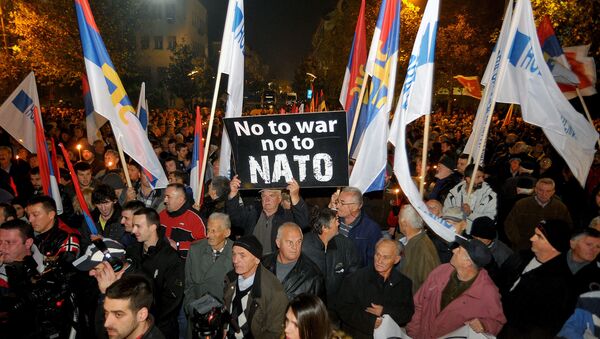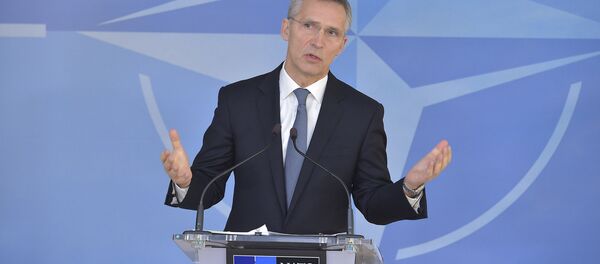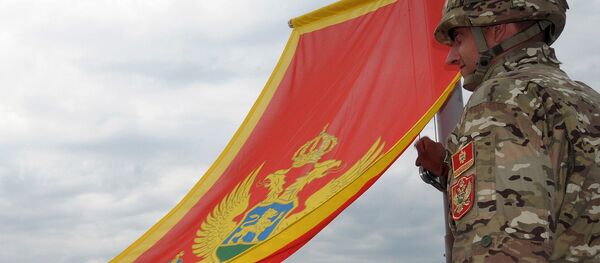In late-January, the government said Montenegro expected to become a full-fledged NATO member before the next summit of the alliance, which is scheduled for May.
In an interview with Sputnik Serbia, Sergei Zheleznyak, member of the Russian Parliamentary Committee on International Affairs, shared his thoughts on the move and its expected consequences for European security.
"The situation in the Balkans is crucial for European security. The policy conducted in the region by the West, first of all by the US, is very dangerous. Montenegro is being forcedly dragged into NATO, against the will of its people," Zheleznyak said.
"I think that Montenegro’s accession to NATO will not enhance alliance’s capabilities. Instead, this will be a problem both for the country and the alliance," he argued.
Zheleznyak underscored that many in Montenegro are against NATO and still remember the 1999 tragedy related to "NATO’s aggression."
"The decisions currently being made by Podgorica are against the people’s will. Could such decisions be successful? Of course, not. We believe that such a matter should put to a nationwide vote. The reluctance to hold a referendum proves that the government understands that its actions are not justified," he said.
Despite the fact that a large percentage of the Montenegrin population, including those backing country’s accession to NATO, want a referendum, the authorities plan to decide on the membership through a parliamentary vote.
According to Zheleznyak, what is also important is the fact that the US Senate publicly said that the goal of Montenegro’s joining NATO is to deter the expansion of Russia’s influence.
Furthermore, Zheleznyak said that the accession of Montenegro to NATO is unlikely to help resolve the alliance’s security problems and not a threat to Russia.
"In terms of the NATO standoff against Russia, the move doesn’t make sense. If Montenegro joins NATO it will not resolve the problems of the alliance. The current structure of the alliance is incapable of countering the existing threats. NATO’s military and bureaucratic machine has repeatedly failed to prevent terrorist attacks and wars," the lawmaker said.
As for situation in Montenegro, according to Zheleznyak, accession to NATO will not be positive for the country’s security, due to a number of domestic problems, such as corruption and the lack of government transparency.
"In sum, the decision on Montenegro joining NATO is not military. It is a political decision. I don’t want Montenegro to become a NATO concentration camp, but the final decision should be made only by the Montenegrin people," the lawmaker concluded.
Never miss a story again — sign up to our Telegram channel and we'll keep you up to speed!





